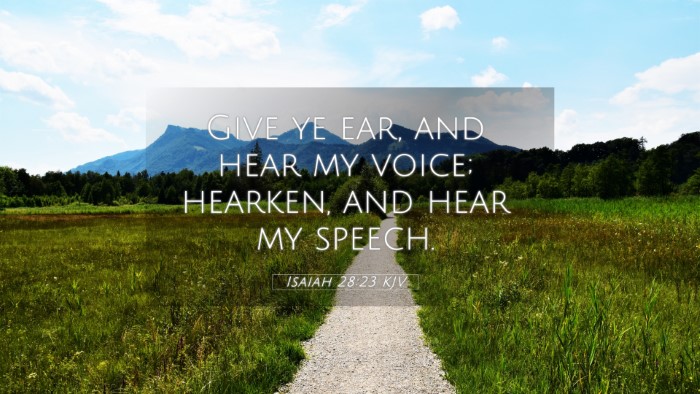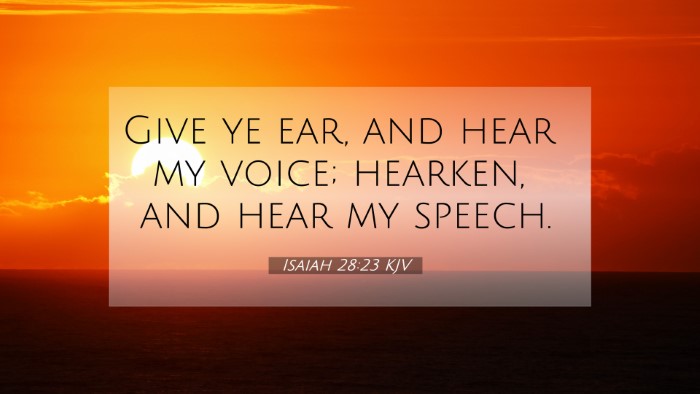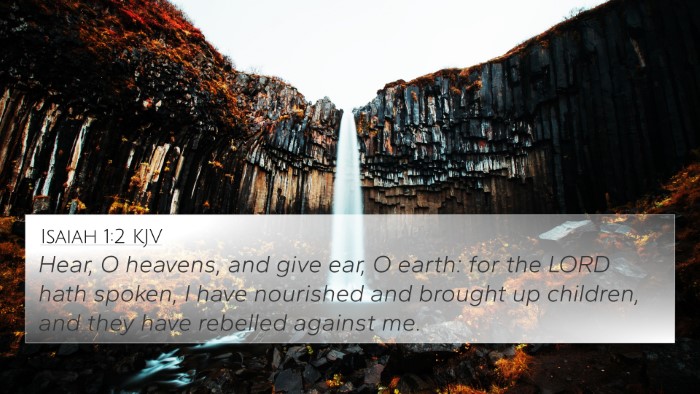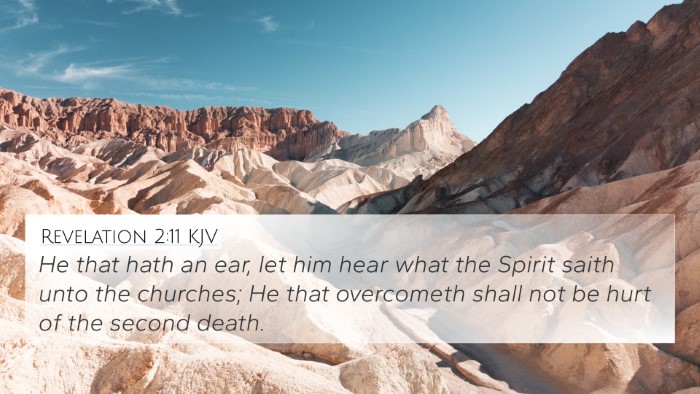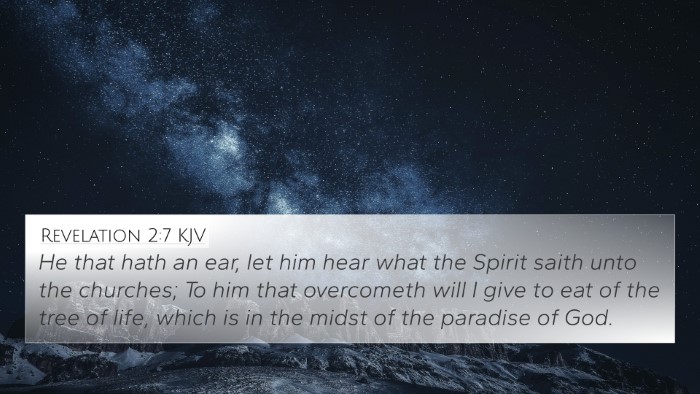Understanding Isaiah 28:23
Isaiah 28:23 states:
“Give ear, and hear my voice; hearken, and hear my speech.” (Isaiah 28:23)
This verse serves as an introduction to a series of divinely inspired declarations regarding God's dealings with His people, symbolizing the Lord's intent to communicate profound truths through His prophets.
Commentary Insights
Matthew Henry's Commentary:
Henry emphasizes the divine call issued to the people, urging them to pay attention to the words spoken by God through Isaiah. He illustrates the significance of listening to God's instructions, which are vital for wisdom and moral rectitude. Ignoring these messages leads to confusion and error in spiritual judgment.
Albert Barnes' Notes:
Barnes points out that the 'voice' refers not only to the words of Isaiah but also signifies the broader message of God. He expresses that the laughter and scorn of men cannot outweigh God’s authoritative call to righteousness. The emphasis here is on the need for active listening and a response to God’s teachings for spiritual growth.
Adam Clarke's Commentary:
Clarke delves into the implications of God addressing the people directly. He articulates that such an address indicates the gravity and urgency of the message. The Lord is depicted as a teacher who desires his students to ponder and apply His words. He also notes that the act of hearing is a precursor to understanding and responding in faith.
Thematic Connections
This verse connects deeply with various biblical themes such as divine communication, the importance of heeding God’s word, and human responsibility in spiritual receptiveness. Here are several Bible verse cross-references that enhance our understanding:
- Revelation 3:20: “Behold, I stand at the door and knock...” - A call to listen to Christ's invitation.
- Matthew 13:9: “He who has ears, let him hear!” - An emphasis on the need to listen carefully to spiritual truths.
- Proverbs 1:5: “Let the wise hear and increase in learning...” - The necessity of continuous learning from God's word.
- James 1:22: “But be doers of the word, and not hearers only...” - The importance of application of what is heard.
- John 8:47: “Whoever is of God hears the words of God...” - Identifying true followers of Christ through their response to His voice.
- Romans 10:17: “Faith comes by hearing, and hearing by the word of God.” - Establishing the foundation of faith through attentive listening to God's word.
- Isaiah 50:4: “The Lord God has given me the tongue of those who are taught...” - This speaks to the necessity of being taught by God in order to teach others.
Practical Application
For today’s believers, Isaiah 28:23 underscores the importance of seeking understanding through diligent listening to God’s word. Engaging with Scripture through a Bible cross-reference guide can facilitate deeper study and recognition of interconnected biblical themes.
To effectively utilize tools for Bible cross-referencing, one can:
- Use a Bible concordance to locate themes and concepts across different passages.
- Incorporate cross-reference Bible study methods to uncover narratives that strengthen understanding.
- Engage in comparative Bible verse analysis to deepen one's grasp of God's message.
- Explore comprehensive Bible cross-reference materials for further insights across scriptures.
The Importance of Cross-Referencing Bible Texts
Cross-referencing allows for:
- Enhanced understanding of scripture through thematic connections.
- A framework for identifying relationships and dialogues between different books of the Bible.
- Improved preparation for sermons and teachings by illustrating a cohesive biblical narrative.
Conclusion
Isaiah 28:23 is more than a simple summons; it encapsulates the essence of God's desire for relationship through communicative listening. By embracing this call and actively engaging with Scripture, believers can navigate their spiritual journeys more effectively, supported by a robust framework of inter-Biblical dialogue, ensuring that God’s voice resonates clearly in their lives.

